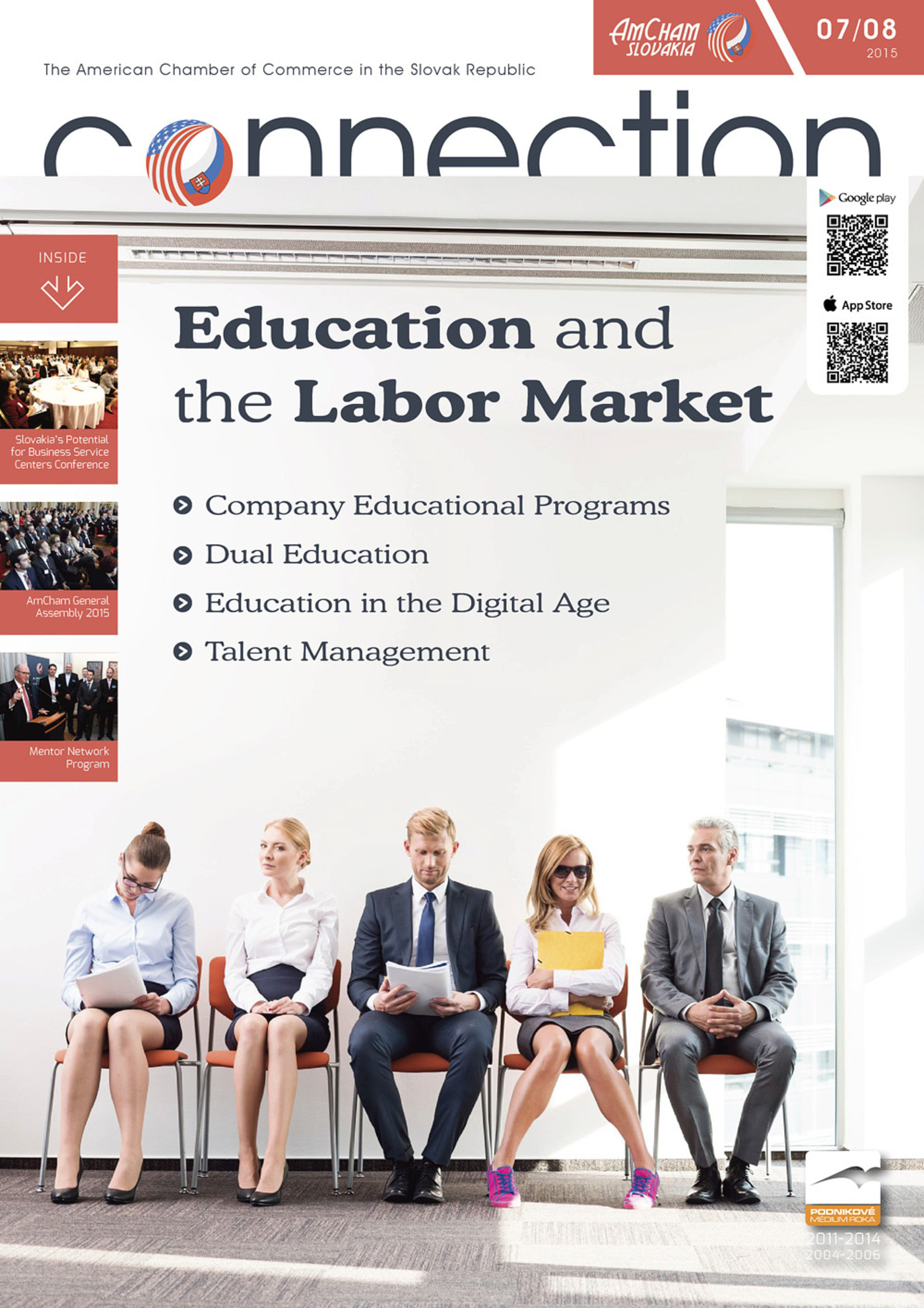In Eastern Slovakia and other parts of the country, there continues to remain a large, untapped labor pool of unemployed Roma who are eager to find work to support their families. According to recent changes in Slovak legislation, it is now legal to adopt so-called “temporary equalizing measures,” such as diversity internships or hiring programs specifically aimed at Roma and other minorities, to help these communities overcome some of the additional obstacles they have faced when looking for work.
Employment Discrimination is Real, but Can Be Addressed
Thanks to a recent experiment from the Finance Ministry’s Institute of Fiscal Policy (IFP), we now have additional proof that Roma face widespread discrimination in employment. In the experiment, IFP responded to job offers as equally qualified non-Romani and Romani applicants, and found that the Romani applicants had a significantly lower chance of being invited for an interview. In other words, even when all other things are equal, Romani job seekers face greater barriers to employment than the rest of the Slovak population.
“Temporary equalizing measures” are therefore aimed at leveling the playing field, rather than giving an unfair advantage to Roma or other minorities. By generating greater work opportunities for Roma, such programs are aimed at dispelling myths about people from disadvantaged communities, such as that they would rather receive welfare than work, which is simply not true. Others may assume there is a lack of qualified Romani to hire, but this is also false. For example, the Budapest-based Roma Education Fund has been supporting Romani students at high schools and universities across Europe since its establishment in 2005. The number of their high school and university graduates, including from Slovakia, continues to grow each year. Many of these students and recent graduates are well-qualified, highly motivated, and fluent in English and other languages. They just need to be given a fair shot at success.
Diversity Hiring Programs are Popular in the United States
As the United States and many other countries have learned, integrating historically disadvantaged minority groups is critical to a country’s future economic growth. A modern society simply cannot live up to its full potential if significant segments of its population remain marginalized. Such discrimination can only have negative social, political, and economic consequences. At the same time, many businesses in the United States and elsewhere have grown to appreciate the many benefits derived from developing a more diverse workforce. As proof, most Fortune 500 companies and U.S. government agencies, including the U.S. State Department, have instituted their own diversity internships and hiring programs. This is not only about leveling the playing field for individuals from disadvantaged backgrounds, but also about increasing a company’s competitiveness in an increasingly interconnected world.
Local Partners Can Help Set Up Diversity Programs
Several businesses, including U. S. Steel Košice and SEZ Krompachy, have led the way in implementing model diversity hiring programs for Roma in Slovakia and subsequently have reaped the benefits of a more diverse workforce. We hope the successes of these companies will encourage others to follow suit. Businesses do not have to undertake these initiatives alone, but can tap the expertise and experience of local municipalities, community workers, and NGOs, who can assist them in developing programs that adhere to current legislation, identifying suitable candidates, and providing ongoing support and counseling to participants as needed.
At the U.S. Embassy in Bratislava, we practice what we preach. We have our own diversity internship program for Romani students and continue to accept applications on an ongoing basis. Recently, we have benefited from having two talented and motivated Romani interns in our General Services Office and Political-Economic Section.
How the U.S. Embassy Can Help
Our Embassy’s doors are always open, and we are happy to assist any business or organization that is interested in developing its own diversity internship or hiring programs. For example, we can provide information on relevant Slovak legislation and recommendations for possible partner organizations – including municipalities, community workers, and NGOs – who can assist businesses in developing programs and recruiting suitable Romani candidates. For those companies which are not yet ready to institute a full-blown diversity program, we also can recommend talented Romani students and recent graduates for internships.
So go ahead, give a chance to someone who may otherwise be prevented from realizing his or her full potential because of ethnic background, and find out how developing a more diverse workforce may be the right move for your business.
Theodore Sedgwick, U.S. Ambassador to Slovakia



Follow us